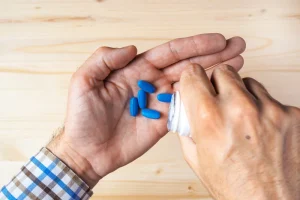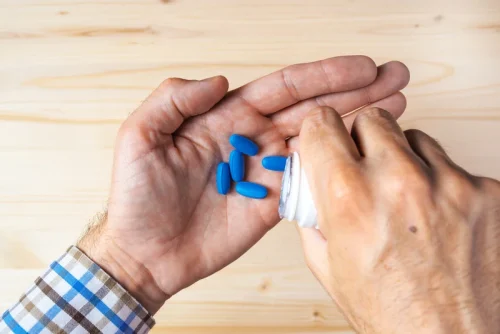What to Do After a Relapse 9 Steps to Get Back on Track
For years, her life revolved around what is Oxford House managing her addiction. Now that it’s gone, she doesn’t know where to begin rebuilding. At this critical moment, luxury rehab centers like Wish Recovery can help. They provide the compassion, privacy, and support needed to begin healing. Going to a meeting and sharing your experience with others in recovery can help you remember that you are not alone.
- In it, individuals commit to change and take steps toward recovery.
- Addiction causes significant psychological changes to the brain.
- Developing a relapse prevention plan is another critical focus.
- They are contemplation, preparation, action, and maintenance.
- But, if you understand that relapse can occur in earlier stages before actually drinking or using, you can prevent a physical relapse.
Understanding the Stages of Recovery and How a Luxury Rehab Helps You Take the First Step
A relapse is the recurrence of addiction to a particular substance after remission. This stage puts the recovering patient at a higher risk of returned use. How can you make sure your expectations for recovery are realistic? While you might feel impatient at times, =https://ecosoberhouse.com/ trusting the process is essential. One of the most significant factors in relapsing is the role of expectations.
Take Responsibility for the Relapse
- Whether or not you relapse is closely tied to your sense of self-efficacy.
- After a relapse, getting back on track as soon as possible is important.
- Healthy boundaries help people avoid high-risk situations.
- During a mental relapse, the thought of using the substance resurfaces in the person’s mind.
- Don’t make the mistake of solely “getting over” your addiction.
- Expectations guide your progress in addiction recovery, but having unrealistic expectations during the process sets you up for failure.
The thought of enduring withdrawal feels unbearable. Luxury rehab programs, like Wish Recovery, help people overcome these barriers. These centers offer a welcoming, nonjudgmental space. Here, individuals feel seen, valued, and supported.
What to Do After Relapsing

Creating a recovery plan can also be extremely helpful. Having steps in place to encourage self-care, healthy coping skills and mechanisms, and consistent contact with a support network can all be valuable tools for staying on track. The more safeguards someone has in place between themselves and a relapse, the greater their chances of maintaining recovery.

When you are aware of the different stages of relapse, you can get out ahead of a full-blown relapse. You might be able to catch your relapse in the early stages. You might need to go back to your support system and admit that you need treatment again. However, addiction is a disease, and you are still vulnerable to relapsing. Other times, you follow all the rules of recovery for a long time, and you feel safe from relapsing.
Perceived failure might lead to relapse, but you didn’t fail
It is common, even expected that people who are attempting to overcome addiction will go through one or even several relapses before successfully quitting. The American Addiction Centers report that 40% to 60% of people will relapse. Most people find themselves in addiction recovery because they realize that they have no control over their substance use. Additionally, they have probably even admitted it. Treatment teaches people how to gain that loss of power back in their lives, especially when achieving long-term abstinence. Going back to treatment should be the last resort.

How to Prevent a Relapse
Those unrealistic expectations have a very negative impact on your progress. The extent of the damaging effects depends on how skewed your expectations are and how well you can bounce back from the disappointment of not meeting those expectations. Even though relapse is a well-recognized aspect of recovery from an addiction, many people attempting to quit an addiction will feel they have failed if they relapse.
Stay in a Sober Living Home After Rehab
But much like the stock market, the overall trend is ever-upward among the continuously varying journey. The key is understanding what it takes to deal with cravings and triggers that could lead to a relapse. Adi Jaffe, Ph.D., is a lecturer at UCLA and the CEO of IGNTD, an online company that produces podcasts and educational programs on mental health and addiction. Many of the clients I’ve worked with hope to fix the problem on their own, and only reveal their struggles once they’ve overcome them. But this makes the whole effort more difficult than it needs to be. Connection is the opposite of addiction, and supportive networks provide accountability, encouragement, and understanding.
Families can also provide positive motivation, pron,d encouragement during difficult times. Staying away from triggers is the foremost rule of relapse prevention. If other people influence you with addictive substances, stay away from them. If a particular place makes what to do after a relapse you remember a traumatic memory that led you to addiction, stay away from that place. You can’t expect yourself to face your demons head-on right after treatment. Moreover, don’t expect that you’ll be 100% healed after treatment.

